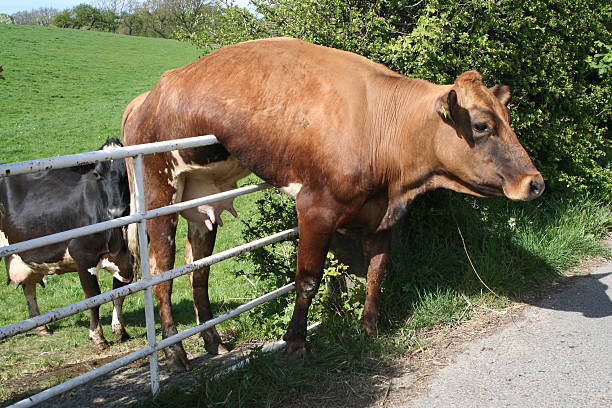Summary:
The phrase has roots as far back as the first century B.C., when the Greek poet Ovid said, “The harvest is always richer in another man’s field.” In 1917, the phrase appeared in the Kansas Farmer, a newspaper. Some people are never satisfied anywhere. The grass always looks a little greener on the other side of the fence."
The phrase took on a modern form in an American folk song titled “The Grass Is Always Greener in the Other Fellow’s Yard,” penned in 1924 by Raymond Egan and Richard A. Whiting.
Article:
The classic book on personal growth and development, “Acres of Diamonds,” written by Russell Conwell in 1869, also delves into this theme. The book tells the story of a Persian farmer who, disillusioned with his farm, believed that the grass was greener elsewhere. In reality, the most fertile ground was in his backyard. He gave the core speech about 6,000 times.
The lesson for us is (Life-Changing) that before we consider leaving our current circumstances in search of a better place, we should remember that the grass isn’t always greener. However, it’s essential to acknowledge that people can achieve success and find wealth in their communities and within their chosen fields. There’s potential for success right where you are.
